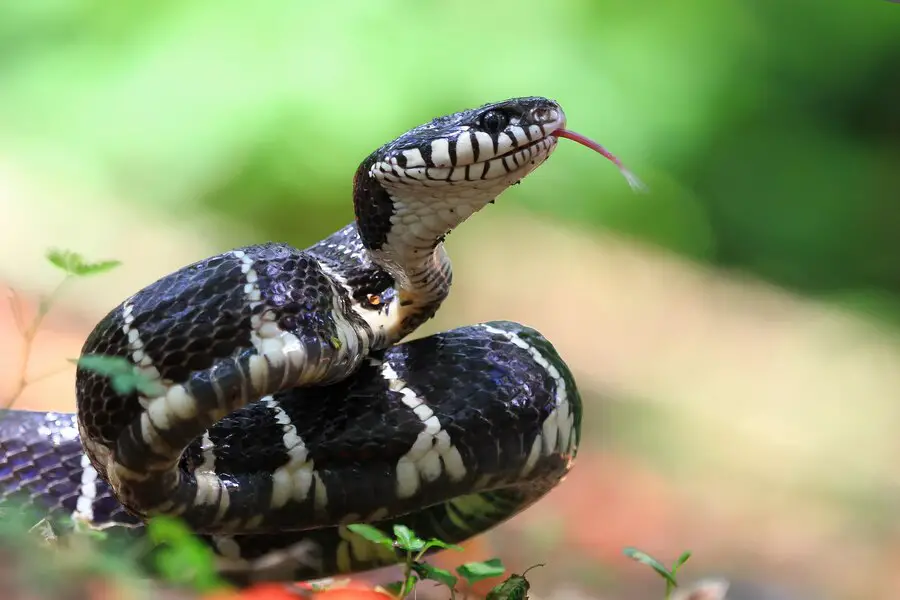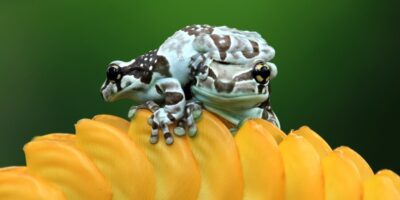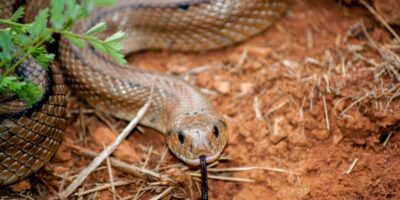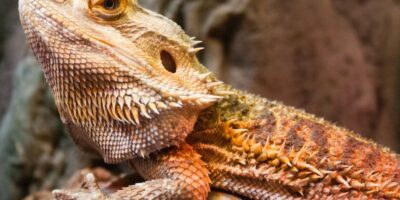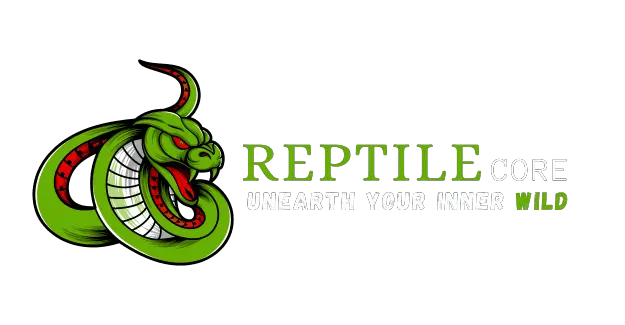In the realm of reptilian companionship, ball pythons captivate enthusiasts with their unique charm. As responsible pet owners, comprehending the nuances of a ball python’s behavior and health is paramount. This introduction sets the stage for a journey into the unexpected world of occasional unpleasant odors emanating from these fascinating creatures.
Let’s uncover the mysteries behind ball python aromas, exploring key factors that contribute to the occasional bad smell and how understanding these aspects enhances their overall care.
Reasons Behind a Bad Smell
The reasons behind the occasional bad smell in ball pythons reveal a multifaceted exploration. From normal musk and scent-marking behaviors to potential health issues like respiratory infections and digestive problems, this blog post will delve into the complexities that contribute to these dors.
Shedding complications, dietary influences, and behavioral considerations will be scrutinized, offering insights into preventive measures and maintenance practices for a holistic understanding of odor-related challenges in the care of these captivating reptilian companions.
Normal Odours in Ball Pythons
A ball python’s normal odors are largely influenced by its natural behaviors. These enchanting reptiles possess a unique musk, a faint scent that is considered normal and inherent to their species. Musk serves as a communication tool, aiding in establishing territory and attracting potential mates. Additionally, scent-marking behaviors are prevalent among ball pythons, as they use glands to leave subtle traces of their presence.
Recognizing and understanding these natural odors is crucial for discerning between typical behaviors and potential signs of distress in these captivating serpents.
Healthy Smells in Pets
Educating oneself on the nuances of a ball python’s healthy smells is fundamental to responsible pet ownership. A healthy ball python typically emits a mild, earthy odor, often described as musky but not overpowering. Familiarising oneself with this baseline aroma allows pet owners to discern normalcy from potential health concerns. Any abrupt changes or intensification in odor might signify underlying issues, prompting owners to be proactive in addressing their snake’s well-being.
Common Causes of Bad Odour
The common causes of bad odor in ball pythons often stem from inadequate enclosure hygiene. Regular cleaning is paramount to mitigating these issues and preventing the buildup of waste and bacteria. The choice of substrate plays a crucial role in influencing the intensity of odors within the habitat. Recognizing the significance of maintaining a clean living space and selecting appropriate substrates is essential for promoting a healthy and odor-free environment for your ball-python companion.
Common Health Issues
Health issues such as respiratory infections and digestive problems can contribute to unpleasant odors in ball pythons. Respiratory infections may lead to the production of malodorous mucus, while digestive issues can result in regurgitation or abnormal bowel movements. Timely identification and veterinary intervention are crucial to addressing these health concerns, ensuring a healthy and comfortable life for your ball python while eliminating any unpleasant smells emanating from their enclosure.
The Natural Process of Shedding
Shedding is a natural process for ball pythons, but complications can arise, impacting both their well-being and enclosure odor. Retained sheds, where the old skin doesn’t slough off completely, can lead to a lingering smell. Maintaining proper humidity levels is crucial for facilitating successful shedding.
Inadequate humidity may result in difficulties during the shedding process, potentially causing retained sheds and contributing to an unpleasant odor in your ball python’s habitat. Regular monitoring and adjustments ensure a seamless shedding experience.
Humidity Levels for Successful Shedding
Maintaining proper humidity levels is paramount for the successful shedding of ball pythons. Inadequate humidity can lead to difficulties during the shedding process, resulting in retained sheds and potential health issues. Ensuring an appropriate humidity environment, especially during the shedding cycle, promotes the elasticity of the skin and facilitates the smooth removal of old skin. This key aspect of husbandry not only supports the overall health of the ball python but also contributes to a comfortable and stress-free shedding experience.
Behavioural Considerations
Behavioral considerations play a vital role in a ball python’s overall well-being, including aspects related to dors. Stress and anxiety can contribute to unpleasant smells in these reptiles. Changes in the environment, handling, or inadequate hiding spaces can trigger stress. To mitigate this, providing a secure, enriched habitat with proper hiding spots and minimizing disturbances during handling are essential. Understanding and addressing behavioral stressors not only enhances your ball python’s mental health but also contributes to a more pleasant living environment.
Health Checkups
Regular health check-ups and veterinary care are indispensable for ensuring the well-being of your ball python. Scheduled visits to a reptile-savvy veterinarian enable early detection of potential health issues, allowing for timely intervention and treatment. These proactive measures not only contribute to the longevity and vitality of your scaly companion but also provide a holistic approach to responsible pet ownership. Consistent veterinary care serves as a fundamental pillar in safeguarding the health and happiness of your beloved ball python.
Proper Feeding Practices
Diet and digestion significantly influence the olfactory experience of ball pythons. The type of diet provided can impact the odor emitted by these reptiles. Implementing proper feeding practices, including the right-sized prey items and a consistent feeding schedule, helps maintain optimal digestive health. By focusing on a balanced diet and mindful feeding routines, ball python owners can contribute to a healthier, more pleasant environment for their scaly companions.
Prevention and Maintenance
Prevention and maintenance are key to ensuring a thriving environment for your ball python. Establishing a regular cleaning routine minimizes the risk of unpleasant odors by preventing the buildup of waste. Monitoring and maintaining proper humidity levels contribute to successful shedding and overall well-being. Regular health check-ups and veterinary care are essential for the early detection of issues. Addressing shedding problems promptly ensures a comfortable and odor-free habitat, fostering a healthy and contented life for your ball-python companion.
Conclusion
In conclusion, maintaining a healthy and odor-free environment for your ball python involves understanding their natural behaviors, addressing common causes of bad odor, and implementing preventive measures. Summarising key points, proactive care, and vigilant monitoring are crucial. Emphasizing the significance of prompt action in the face of persistent bad odors, this conclusion encourages readers to seek professional veterinary advice for the well-being of their scaly companions, ensuring a fulfilling and lasting bond.
